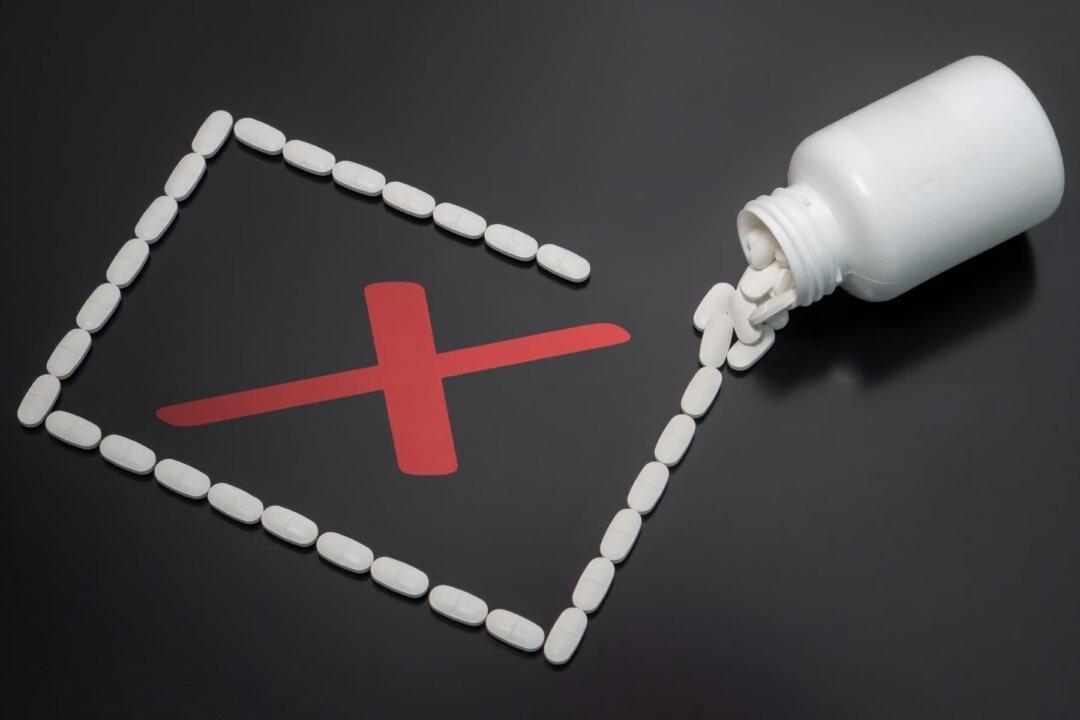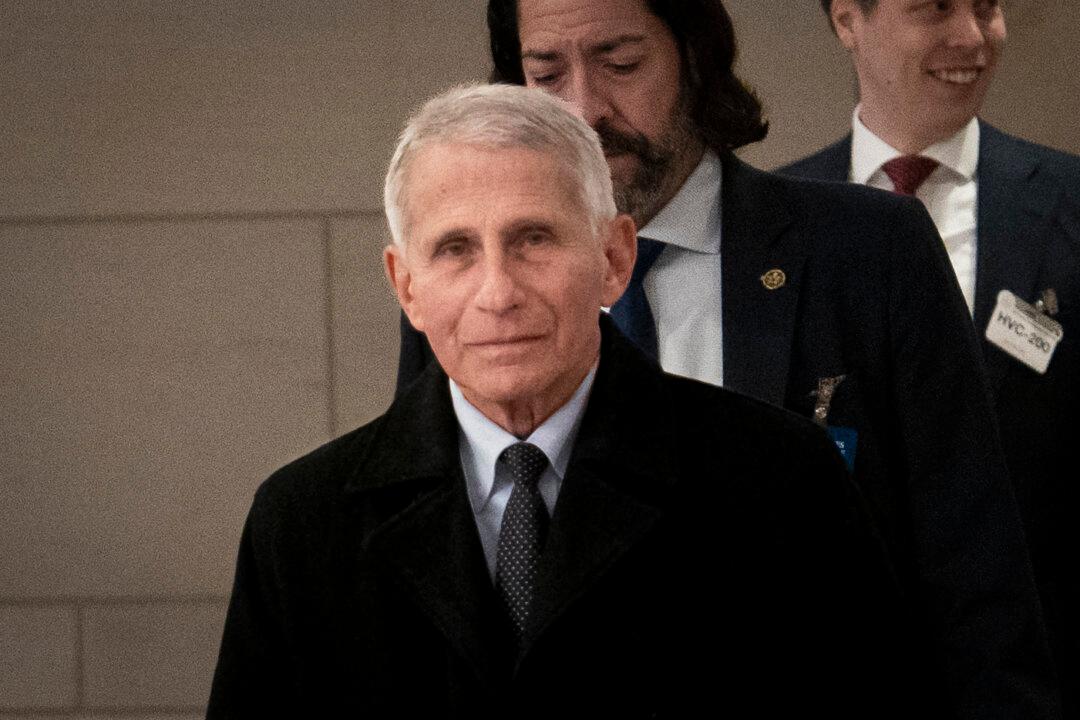Commentary
Naomi Oreskes, well-known science historian and co-author of “Merchants of Doubt,” argues that the public was “misled” by the 2023 Cochrane review, which concluded that wearing a face mask “probably makes little or no difference” in preventing SARS-CoV-2 transmission.





